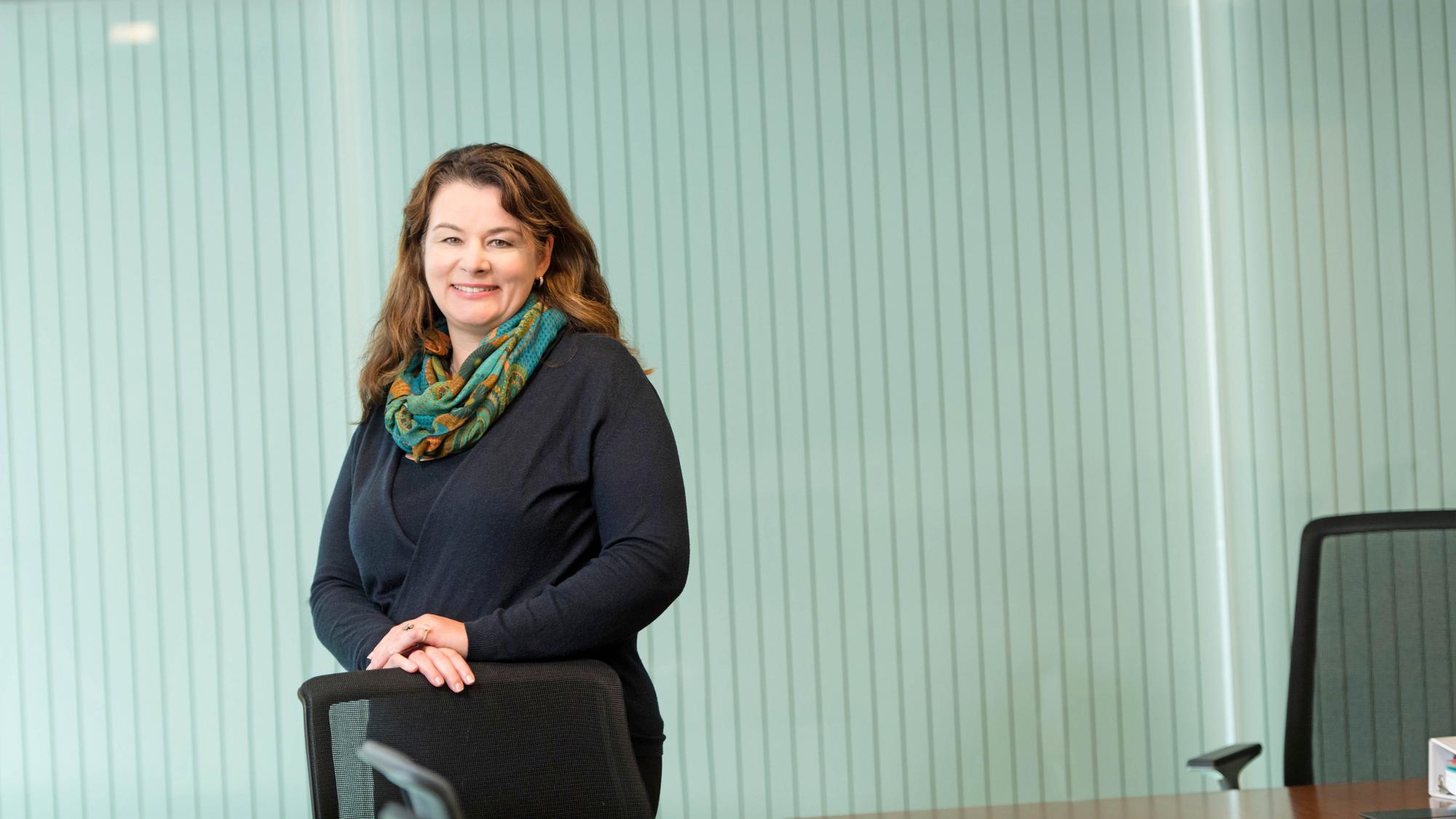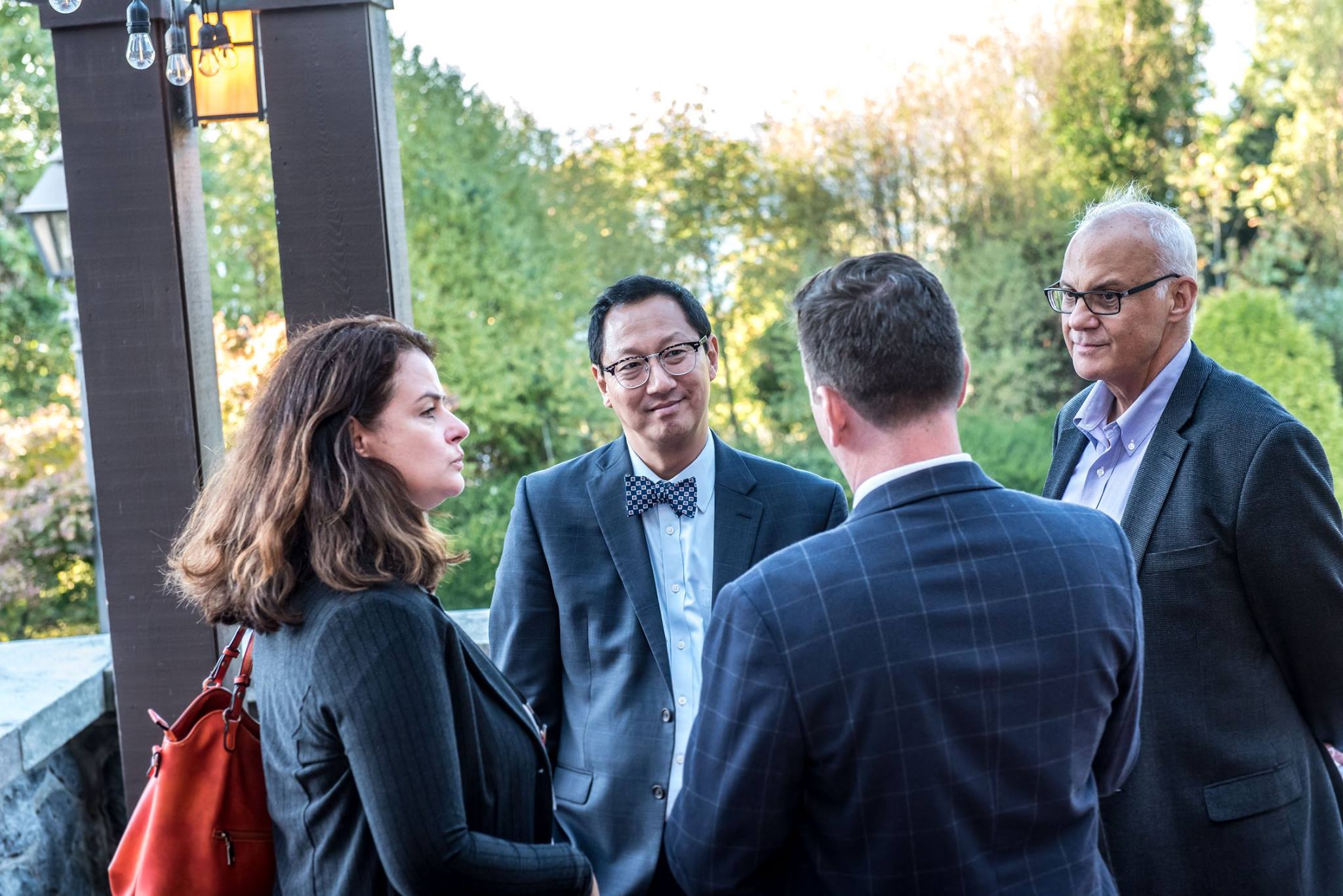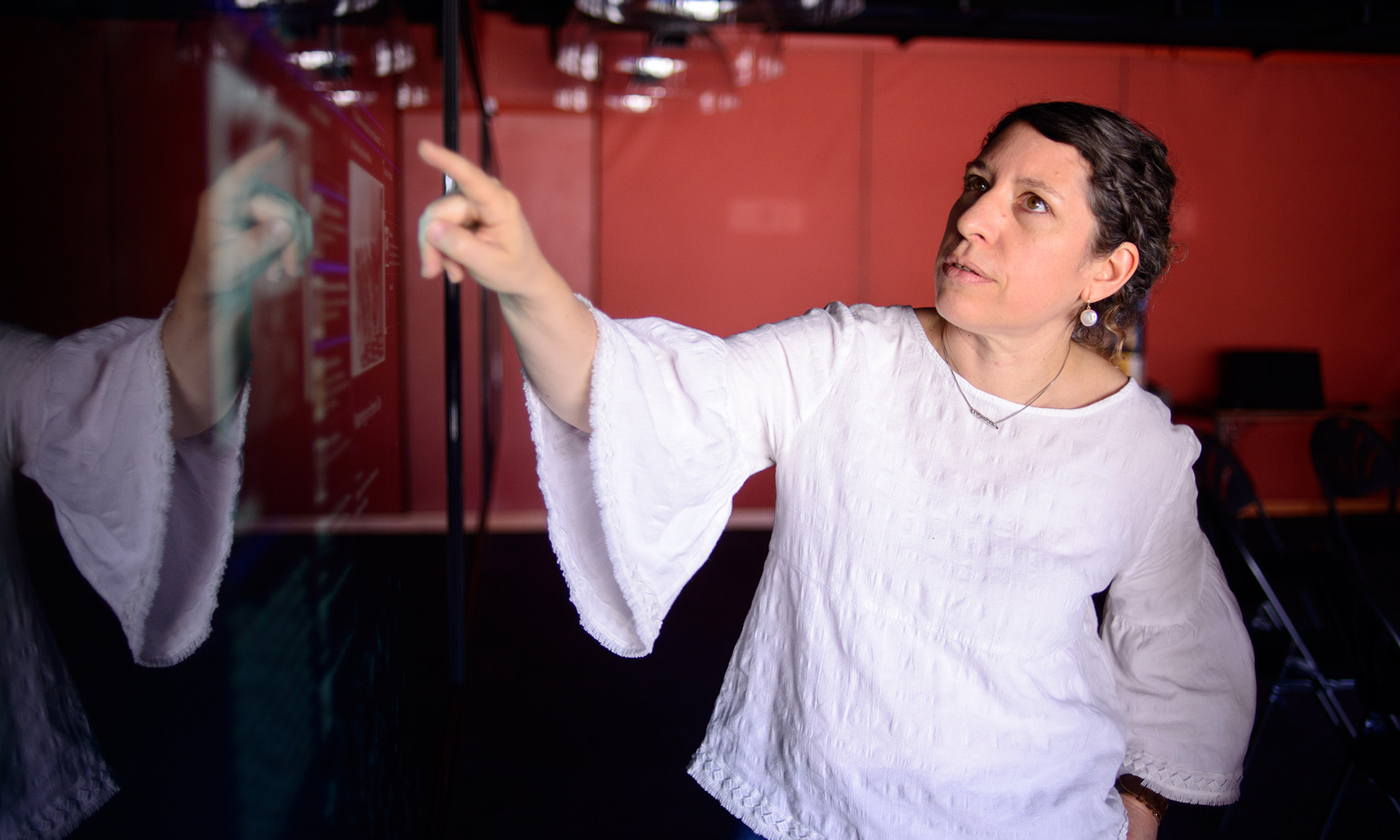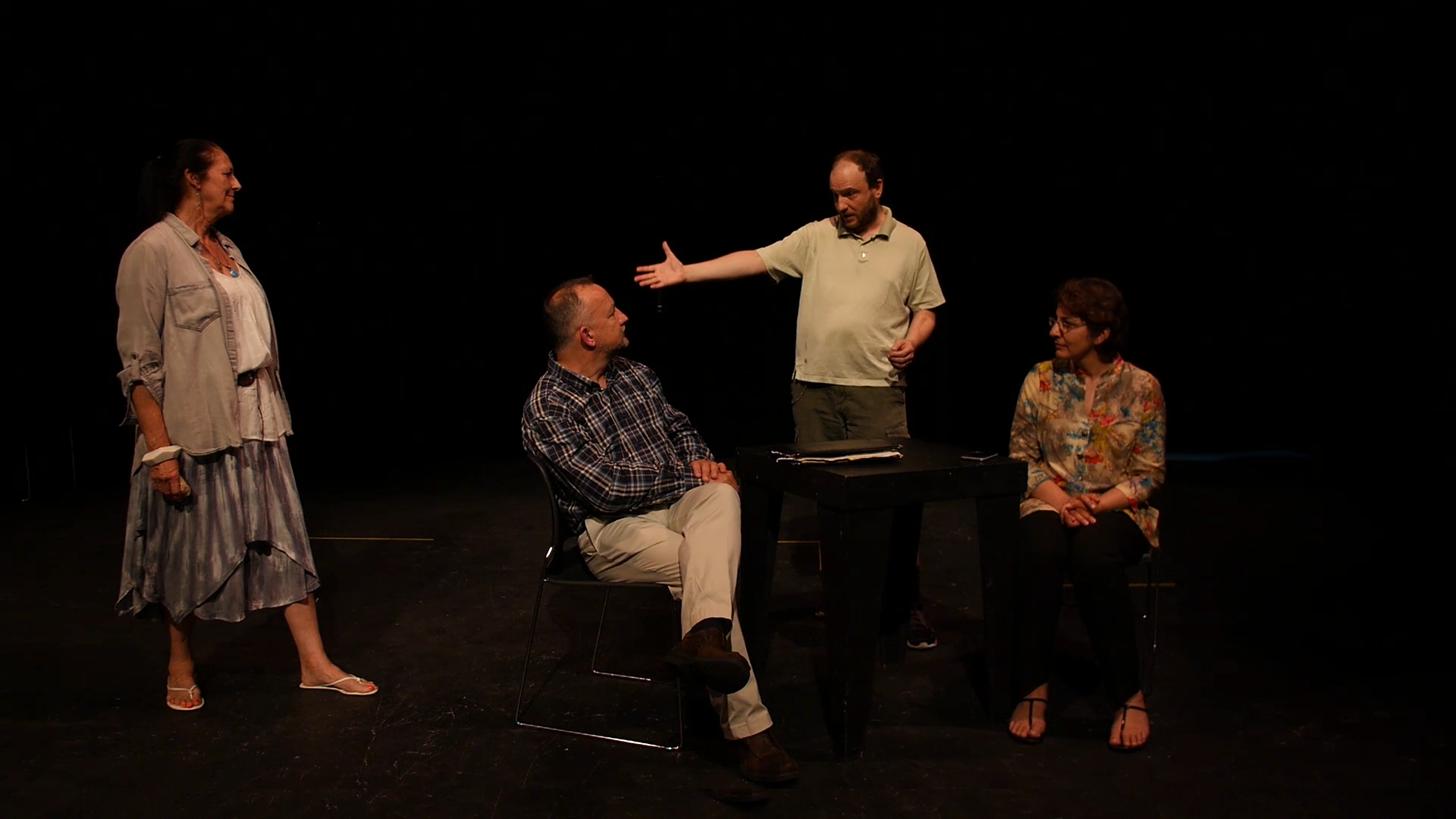

Dr. Laura Moss, a Professor in the Department of English Language & Literatures, is the Academic Convenor for Congress 2019.
Canada’s biggest interdisciplinary gathering gets underway at UBC next month and is expected to draw approximately 10,000 attendees.
The annual Congress of the Humanities and Social Sciences – more commonly known as “Congress” – brings together scholars, students, policy makers, artists, and the wider community to discuss topics like censorship, the environment, and migration.
The event runs June 1-7 and features more than 5,000 research presentations, 3,000 events, and the annual meetings of 70 academic associations. While the bulk of Congress is open only to registered participants, almost 300 events are open to the public, including art exhibitions, performances, research talks, and workshops.
“There’s something for everyone,” says Laura Moss, academic convenor of Congress 2019. “The absolute range of stuff is so broad it’s almost ridiculous – it goes from an outdoor pop-up presentation of a 16th-century play, to a discussion on democracy today, to a workshop on managing risk in the classroom.”
Moss — a UBC English professor who set her scholarly research aside for a year and a half to plan the mega-event — hopes people will feel inspired to drop-in and experience Congress, whether it’s for a theatrical performance, a film screening, or panel discussion on climate research.
She says one of the goals of bringing so many academic associations together in one spot is to encourage interdisciplinary dialogue on big societal issues and give scholars a chance to refine ideas and find new collaborators. To keep conversations flowing throughout the week, tents will be set up around campus where attendees can grab a drink and discuss the topics of the day. The organizers have even created an official conference beer with Howe Sound Brewery – the “Dialager.”
We spoke to Moss about the theme of this year’s conference, her role as convenor, and the importance of cross-disciplinary discussions.
What excites you most about Congress 2019?
The theme of Congress 2019 is “Circles of Conversation.” We wanted to highlight multidisciplinary approaches to the intersections of art and politics, and emphasize the arts and creative conversations around contemporary issues in the humanities and social sciences. This means that we will have an overflowing menu of art exhibitions, films, plays, poetry readings, archival exhibitions, and musical performances on campus all week.
I am excited about bringing together people from different areas of study to talk about some really important contemporary issues. In the Big Thinking series, for instance, we are going to hear from artists — playwrights, writers, photographers, and filmmakers — who are concerned with issues such as censorship, the environment, migration, education, and the legacies of government policies.
The discussions will focus on our three core questions: Who speaks for whom? Who listens? Who benefits? Those are questions I’ve been asking in my own research for years, so I thought I would bring them to this group of artists as a springboard for wider discussions about storytelling, appropriation of voice, and who has access to getting their stories told. They tie in with some of the challenging conversations we’ve had in Canada lately around voice and censorship.
How do you want people at UBC and the wider community to engage with Congress?
I would encourage everyone to spend some time on the Congress website, look at the open programming and think about what they’d like to drop in for. It’s free. It’s all open. We’ve got great thinkers, and dynamic presentations. There is hopefully something for everyone.
We are also still looking to fill a few of the 900+ volunteer positions we need for the event to run well. This is a once-in-a-generation opportunity to be part of something that is so much bigger than yourself. It’s going to be an electric, exciting time and it should be really fun to be involved in showcasing UBC and the important conversations we have here to the world.
Congress offers scholars an opportunity to share their research and find new collaborators. Why is it important for scholars to share their work outside of their disciplines?
I think many researchers are deeply committed to the fact that what we do is important and has social utility. There are important conversations being had within universities that should be shared with the public and should have the public’s input.
Open programming also means open to other disciplines – the idea is to encourage cross-disciplinary dialogue between academics. You might have an environmental studies group and a literary group who don’t normally speak to each other, but who have an opportunity to come together at Congress and talk about a topic of joint concern.


Laura Moss, Santa J. Ono, UBC President and Vice-Chancellor, David Shorthouse, Executive Director, Academic Initiatives, Gabriel Miller, Executive Director, Federation for the Humanities and Social Sciences at a Congress 2019 planning meeting.
You’re the academic convenor for Congress 2019. What does this job involve?
I am in charge of programming events that go beyond the association programming. Many of these are to highlight the good work we do at UBC. Programming covers a series of public lectures, critical and creative programming that will highlight the research and projects in the humanities and social sciences at UBC, programming around professional and graduate concerns at a series of events called Career Corner, and family programming. The last area is my own addition to my duties. From experience, I know that happy, well-occupied families make it easier for academic parents to be full participants at the conference.
What have you learned from planning an event of this magnitude?
I didn’t quite realize what a big job I was taking on. Congress is a giant jigsaw puzzle that works well because of all the combined pieces I’d never seen as a delegate. I’ve learned an extraordinary amount about organizing, about the way the university operates and about the systems of power.
It’s been gratifying to see the work of colleagues across campus and to feel like I’m in a position where I can help them highlight it. People do such cool, cool stuff here, and I had no idea about some of it. I’m very proud of our programming because it’s so good. I’m not saying it’s all been sparkly. Dealing with 1,700 room requests and having to figure out where people will eat and how many chairs everybody needs was less gratifying. But the sparkly stuff is fun.
This year’s Big Thinking lecture series includes:
- June 2: In conversation with Esi Edugyan with Canadian novelist Esi Edugyan and UBC professor Minelle Mahtani
- June 3: What is the price of reconciling freedom and responsibility in a changing democracy? with Simon Brault, Director and CEO of the Canada Council for the Arts
- June 4: Beyond Climate: Science, storytelling, and solutions with David Suzuki and Ian Mauro
- June 5: Storytelling and strength: Voices from Indigenous theatre in Canada with Sylvia Cloutier, Margo Kane, Lindsay Lachance and Corey Payette
- June 6: Impossible Pictures, with visual artist Stan Douglas


